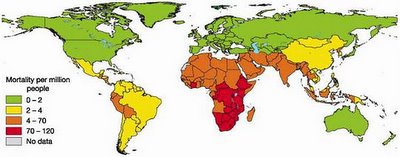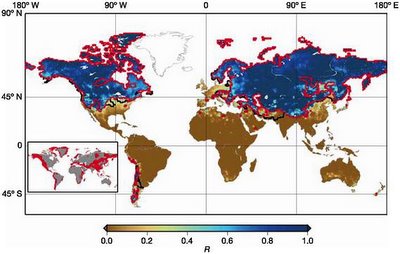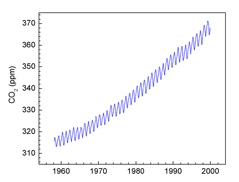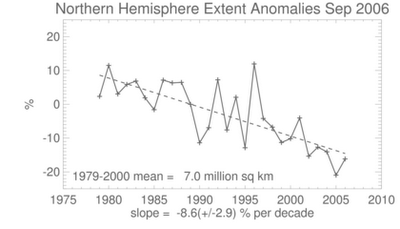…Australia has a well educated populace, a high standard of living, and relatively honest political and economic institutions by world standards. Hence Australia’s environmental problems cannot be dismissed as products of ecological mismanagement by an uneducated, desperately impoverished populace, and grossly corrupt government and businesses, as one might perhaps be inclined to explain away environmental problems in some other countries.
- from Jared Diamond's Collapse
I could make a joke about Australians’ intelligence here, but I am not going to. I am part way through Jared Diamond’s latest book and, after discussing numerous environmental successes and failures, from the collapse of island ecosystems at the hands of Polynesian settlers, to the extensive national park systems and forests of Japan and Dominican Republic, Diamond turns to something much closer to home…for me at least. He chooses Australia as a case study of modern western environmental problems.
Now, Collapse is a fascinating read, but the above quote bugs me. In one sense it is quite obvious what Diamond is saying, and I don’t mean to criticize him for simply making the point that Australia is very different to, say, Haiti. It is wealthier, better educated, and politically and economically more stable and less corrupt. And, this should make it easier to initiate positive environmental change. This makes sense. What bugs me is that, given all these ‘advantages’, why is Australia (and the West in general) failing so dismally to instigate positive change? Are the factors Diamond mentions in the West really any better when it comes to getting people to live within the carrying capacity of their environment?
By assuming that our hallowed education system, high standard of living and political and corporate systems are advantages, we may fail to pick up on problems with these aspects of our society as far as the environment is concerned. Similarly, we may wrongly despair and lose hope about the future of societies without these characteristics.
Australians may be highly educated, but do they really have a better understanding in general of, say, how ecosystems function? Tertiary education itself is neither necessary nor sufficient to induce people to behave sustainably. For instance, Diamond speaks of the Papua New Guinea highlanders who have learnt to manage their local environment very effectively and they don’t need a degree to do this. Of course, I am not suggesting everyone pulls their kids out of school so they can learn bush-craft, just that, at the moment, despite our wonderful education system people don’t know much about their natural environment. How many times have I heard people confuse global warming and the hole in the ozone layer?
Our ‘higher’ standard of living is also falsely reassuring, and not just because it is largely the result of unsustainable per capita consumption rates. We also tend to value the fact that we are free to do something about the environment whilst the “desperately impoverished populace” of Third World nations can barely manage to get food for today, let alone think about tomorrow. I do not mean to trivialize the plight of the world’s poor, but we from the West also appear to be locked into a similar mindset of desperate impoverishment. Consumer culture subjects us to a constant, largely inescapable bombardment of invented wants and needs that render us desperately impoverished as far as the environment is concerned. Despite serious environmental consequences, few of us seem to be able to resist for long the opportunity to basically have anything we want and do anything we want, anywhere we want. In addition, it is consumer culture and our own ‘desperate impoverishment’ that is indirectly responsible for a large amount of the environmental destruction in the developing world. Whilst it is tragic when a poor Third World farmer is forced to overgraze his land one year and then starves the next, it is unconscionable that the world’s poor might be starving so that we can get cheap cotton or coffee.
Finally, we like to think that our just, democratic political and economic systems set us apart from the problems of corruption that plague environmental movements in the Third World. Again, this may be a false sense of security. For example, despite widespread public opposition, the Australian logging industry has managed to largely retain legislation allowing unsustainable logging of Australia’s last Old-growth forest remnants. Similarly, US environmental and foreign policy remains almost laughably in favour of oil companies and arms manufacturers at the expense of US citizens and the environment.
The point Diamond was making above, was that there are good reasons to be optimistic about the ability of the West to deal with environmental problems and adapt to live more sustainably. Whilst this may be true, it is easy to become complacent and even arrogant about the way the West operates. In fact, the environmental and social obstacles that Western societies face are not so different from developing nations. We have a public largely ignorant of their impact on the environment, starving for instant gratification in favour of long term planning, and a political and economic system geared towards short-term goals and big business interests. We cannot afford to be complacent or arrogant. We must be open-minded, humble and innovative, for the solution is surely not Western, but global.
--
by Quentin, member of the Thinking about Tomorrow Society






